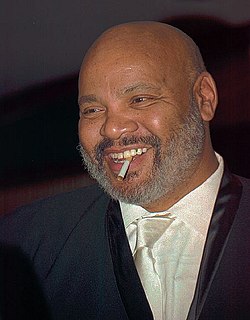A Quote by Alexander Payne
The better a novel is, in literary terms, the more you can't be faithful. The novel succeeds on terms exclusive to literature. A good film succeeds on terms exclusive to the cinema. That's why so many bad novels can become good movies.
Related Quotes
I don't make movies. I don't feel that I have to have artistic control. Part of this comes from the fact that the book lives on no matter what Hollywood does to your novel in terms of a film. Now, you try to be careful who you allow to do your film because nobody wants their novel to become a turkey movie. But, on the other hand, it is a crapshot anyway, because even the best people can make a bad film.
I'm always trying to make something that is impossible to film. Why would somebody just read a novel when they can see it on TV or in the cinema? I really have to think of the things fiction can do that film can't and play to the strengths of the novel. With a novel, you can get right inside somebody's head.
I think skateboarding is better now in terms of the amount of facilities and the amount of support young skaters have - including encouragement from their parents. There was definitely an element to it when I was younger that was exclusive and kind of rebellious because most parents didn't want their kids skating. They thought it was a bad influence.




































